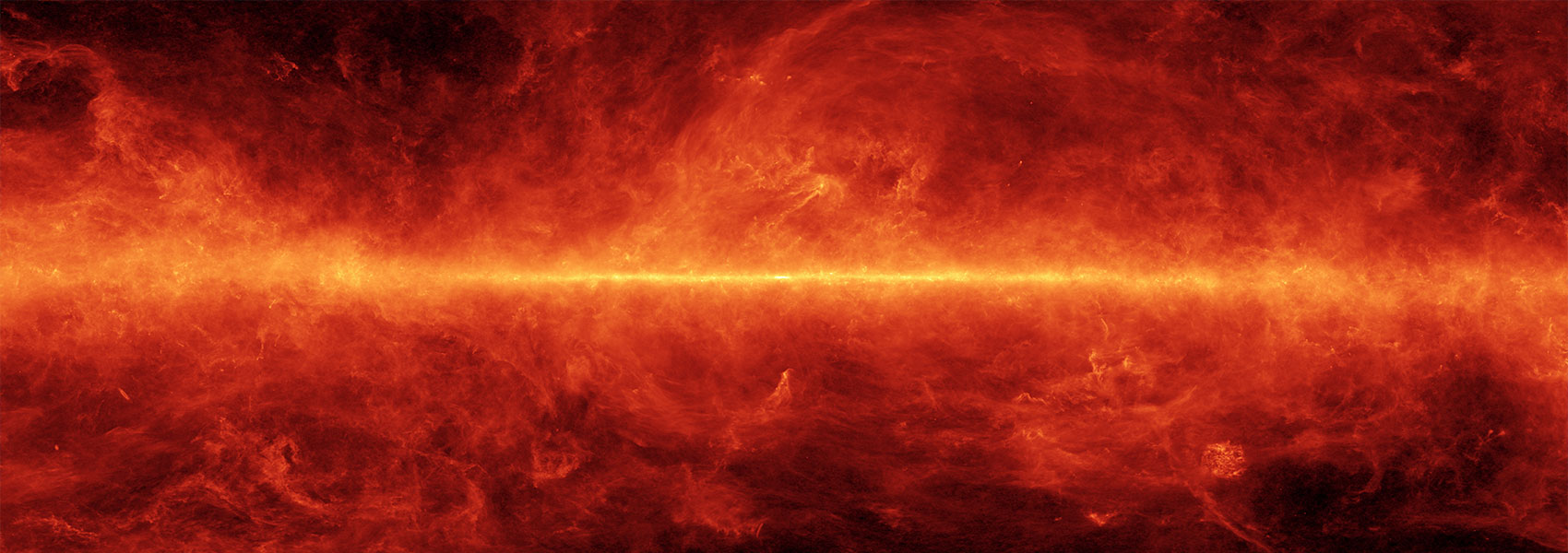December
2013
•
2013ApJ...779...91F
Authors
•
Furusawa, K.
•
Udalski, A.
•
Sumi, T.
•
Bennett, D. P.
•
Bond, I. A.
•
Gould, A.
•
Jørgensen, U. G.
•
Snodgrass, C.
•
Dominis Prester, D.
•
Albrow, M. D.
•
Abe, F.
•
Botzler, C. S.
•
Chote, P.
•
Freeman, M.
•
Fukui, A.
•
Harris, P.
•
Itow, Y.
•
Ling, C. H.
•
Masuda, K.
•
Matsubara, Y.
•
Miyake, N.
•
Muraki, Y.
•
Ohnishi, K.
•
Rattenbury, N. J.
•
Saito, To.
•
Sullivan, D. J.
•
Suzuki, D.
•
Sweatman, W. L.
•
Tristram, P. J.
•
Wada, K.
•
Yock, P. C. M.
•
MOA Collaboration
•
Szymański, M. K.
•
Soszyński, I.
•
Kubiak, M.
•
Poleski, R.
•
Ulaczyk, K.
•
Pietrzyński, G.
•
Wyrzykowski, Ł.
•
OGLE Collaboration
•
Choi, J. -Y.
•
Christie, G. W.
•
DePoy, D. L.
•
Dong, Subo
•
Drummond, J.
•
Gaudi, B. S.
•
Han, C.
•
Hung, L. -W.
•
Hwang, K. -H.
•
Lee, C. -U.
•
McCormick, J.
•
Moorhouse, D.
•
Natusch, T.
•
Nola, M.
•
Ofek, E.
•
Pogge, R. W.
•
Shin, I. -G.
•
Skowron, J.
•
Thornley, G.
•
Yee, J. C.
•
μFUN Collaboration
•
Alsubai, K. A.
•
Bozza, V.
•
Browne, P.
•
Burgdorf, M. J.
•
Calchi Novati, S.
•
Dodds, P.
•
Dominik, M.
•
Finet, F.
•
Gerner, T.
•
Hardis, S.
•
Harpsøe, K.
•
Hinse, T. C.
•
Hundertmark, M.
•
Kains, N.
•
Kerins, E.
•
Liebig, C.
•
Mancini, L.
•
Mathiasen, M.
•
Penny, M. T.
•
Proft, S.
•
Rahvar, S.
•
Ricci, D.
•
Scarpetta, G.
•
Schäfer, S.
•
Schönebeck, F.
•
Southworth, J.
•
Surdej, J.
•
Wambsganss, J.
•
MiNDSTEp Consortium, The
•
Street, R. A.
•
Bramich, D. M.
•
Steele, I. A.
•
Tsapras, Y.
•
RoboNet Collaboration
•
Horne, K.
•
Donatowicz, J.
•
Sahu, K. C.
•
Bachelet, E.
•
Batista, V.
•
Beatty, T. G.
•
Beaulieu, J. -P.
•
Bennett, C. S.
•
Black, C.
•
Bowens-Rubin, R.
•
Brillant, S.
•
Caldwell, J. A. R.
•
Cassan, A.
•
Cole, A. A.
•
Corrales, E.
•
Coutures, C.
•
Dieters, S.
•
Fouqué, P.
•
Greenhill, J.
•
Henderson, C. B.
•
Kubas, D.
•
Marquette, J. -B.
•
Martin, R.
•
Menzies, J. W.
•
Shappee, B.
•
Williams, A.
•
Wouters, D.
•
van Saders, J.
•
Zellem, R.
•
Zub, M.
•
PLANET Collaboration
Abstract
•
We analyze the planetary microlensing event MOA-2010-BLG-328. The best fit yields host and planetary masses of M h = 0.11 ± 0.01 M ⊙ and M p = 9.2 ± 2.2 M ⊕, corresponding to a very late M dwarf and sub-Neptune-mass planet, respectively. The system lies at D L = 0.81 ± 0.10 kpc with projected separation r = 0.92 ± 0.16 AU. Because of the host's a priori unlikely close distance, as well as the unusual nature of the system, we consider the possibility that the microlens parallax signal, which determines the host mass and distance, is actually due to xallarap (source orbital motion) that is being misinterpreted as parallax. We show a result that favors the parallax solution, even given its close host distance. We show that future high-resolution astrometric measurements could decisively resolve the remaining ambiguity of these solutions.
Links





